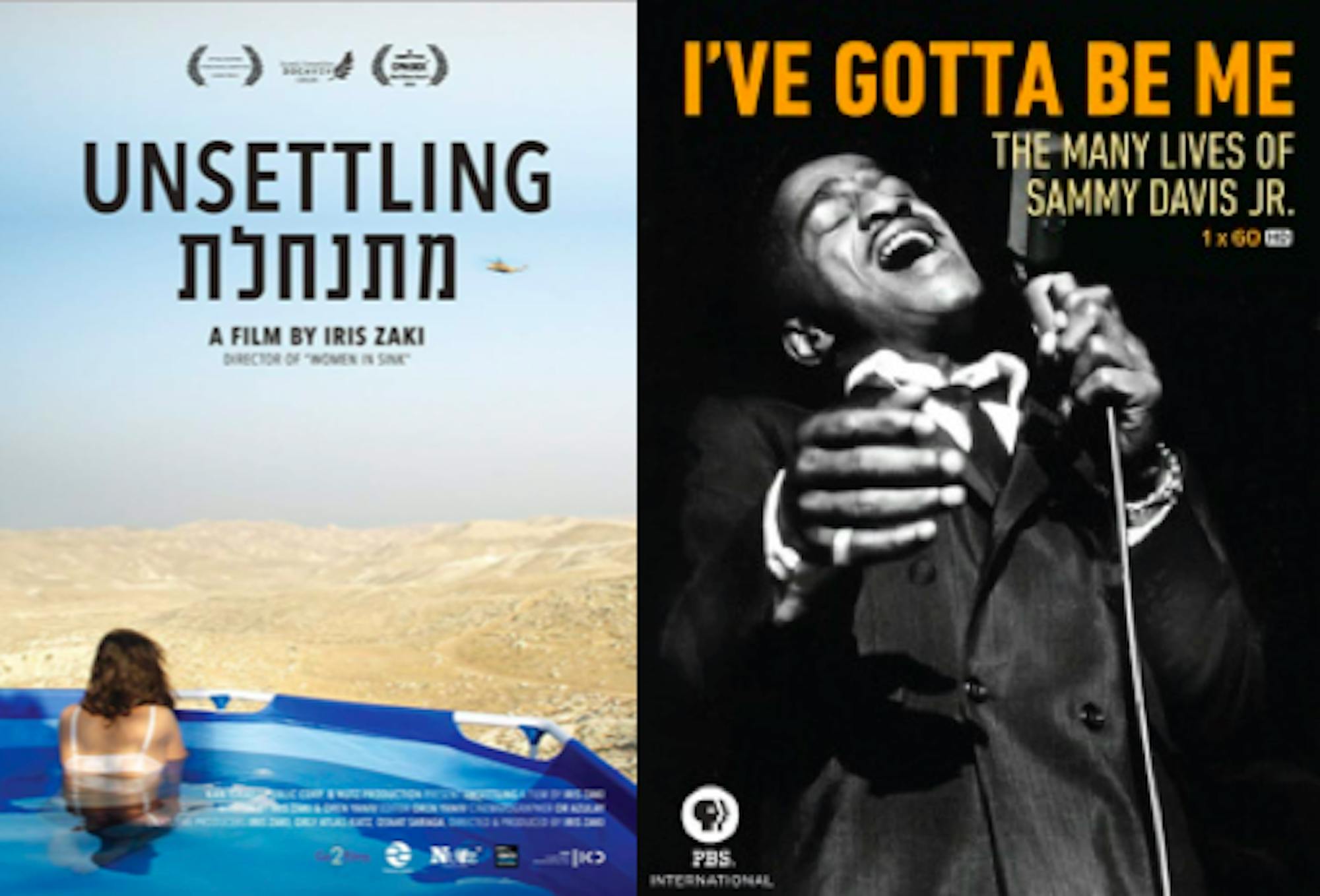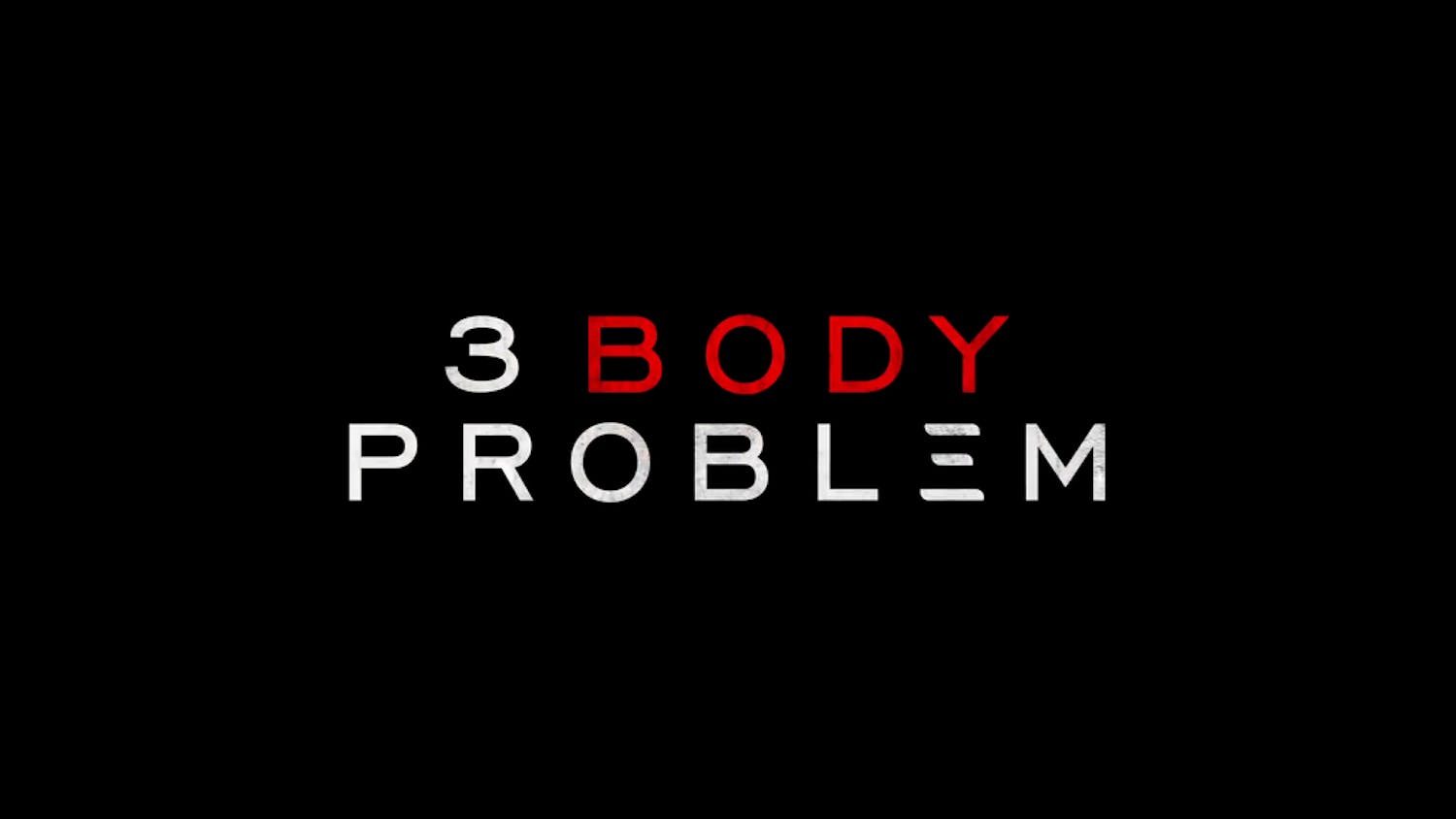For the past 30 years, the Boston Jewish Film Festival has provided a space for the Jewish community to watch films and appreciate the diverse realities of Jewish life around the world. In the wake of the deadly shooting at the Tree of Life synagogue in Pittsburgh, however, this year's edition of the festival carries extra gravity. In an interview with the Daily, Ariana Cohen-Halberstam, the festival's artistic director, spoke about its ability, in such fraught times, to create bonds among people of disparate backgrounds and unite a diasporic community.
"We’ve been doing this for 30 years, and terrible things are still happening. So sometimes ... it feels a little bit like, what is this art doing?" Cohen-Halberstam said. "And, the fact of the matter is, it’s important for people to tell their stories. It’s important for people to communicate about different lives, different experiences, and I think the most we can do is hope that the right people are seeing them. That they’re reaching communities and individuals who might not have access to other people’s stories. It may be a one-degree thing or a six-degree thing. Someone sees a film and talks about it to a friend, who talks about it to a friend, who talks about it to a friend. But I think it’s so important that films keep being made and seen ... The festival is able to provide is a space for reflection, a space for people to come together and see films about these topics, bring their own experiences to the theater. Sit next to people who are processing the same films, same emotions maybe, maybe different emotions, and reflect together … I’m hoping that people can find some solace in the community of the audience.”
On the opening night of the festival, an attendee found just that solace. During the Q&A with Sam Pollard, director of “Sammy Davis, Jr.: I’ve Gotta Be Me” (2017), the woman told Pollard how much joy the documentary had brought her. Her comment was met with concurring nods and murmurs from the audience. Even watching a film about Davis who, as an African-American Jew with a Puerto Rican mother, lived a life of marginalization and prejudice, audience members found solace in his smile, his music and even toward the end of his life, his unrelenting passion for dance.
The documentary also showcased the not-so-joyous aspects of Davis' life and highlighted lesser-known stories of the oppression he faced as a black performer. Many people know that Davis was good friends with Frank Sinatra.Many may not know, however, that when Sinatra hosted an inauguration party for John F. Kennedy and Kennedy asked that Davis not be invited because his wife was white, Sinatra obliged. Davis was rejected both by black civil rights activists for his politics and white performers for his race. Somehow, Davis' love for performing and his natural talent for acting, dancing and singing provided many comforting moments during a challenging and eye-opening documentary.
While a film about Sammy Davis Jr. might not be the most obvious choice to open a Jewish film festival, the documentary and all of the subsequent films shown aim to challenge what we consider Jewish film. According to Cohen-Halberstam, the answer is continuously evolving and multi-faceted.
“What I aim to do when programming the festival is try to find films that have a broad view of Jewish life and Jewish history and Jewish culture," she said. "And that means showing films that show Jewish life in Europe, in the U.S., in the Middle East and in India. It also means showing films that take place today and films that are about history ... I think we live in a time where being Jewish means a lot of different things to a lot of different people. Our films reflect that too ... That’s sort of the Jewish angle of how I program it, but the other side of it is showing a comprehensive film festival, which means showing documentaries, narratives and shorts, and films that are maybe a little more serious, [as well as] films that are a little more playful and really trying to create a program that ... everybody who picks up a program can find something that they really feel like they can relate to.”
The festival also provides an excellent opportunity to watch rare and international films. The Austrian film "The City Without Jews" (1924) was screened Wednesday night. Long thought to be vanished from history, the film was unearthed at a flea market in Paris in 2015. As the plot that follows an antisemitic chancellor who exiles all of the town's Jews, it provides an eerie prelude to the Holocaust.
The festival also highlights films that are not as obviously about Jewish life, like V. Scott Balcerek's documentary "Satan & Adam," which depicts the friendship and creative collaboration betweena Adam Gussow, a Jewish Columbia graduate, and Sterling "Mr. Satan" Magee, a blues guitarist who has played for legendary artists like Etta James. Both "The City Without Jews" and "Satan & Adam" follow not only the life of a Jewish individual, but of Jewish history and culture."Satan & Adam" will play at the Somerville Theatre on Saturday at 8 p.m. and at the Museum of Fine Arts' Remis Auditorium on Sunday at 11:30 a.m.
The festival also explores Israeli cultural narratives through both film and television, many of which address the intersectionality of Israeli and Jewish identities.
Films like Iris Zaki’s “Unsettling” give viewers insight into this highly tense political climate while also breaking cinematic conventions. Zaki’s filmography highlights various minority groups, including Israeli Arabs in “Women in Sink” (2015) and ultra-Orthodox Jews in "My Kosher Shifts" (2011). “Unsettling” was filmed in Tekoa, an Israeli settlement in the West Bank, and documents Zaki, a self-described leftist, who openly detests Israel's settlement policy, as she speaks with Tekoa's residents about the intricacies and merits of living in a settlement.
In the film's post-screening Q&A, Zaki discussed the origins of the inconspicuous “abandoned camera” technique that she has utilized in all of her films.
"I explored [this technique] in my PhD, but it happened organically," Zaki said. "I worked in an ultra-Orthodox Jewish hotel in London as a receptionist … I started to have communication with the guests, people that I never met in Israel even though we see each other all the time. And when I decided to make a film about the hotel, I realized that I didn’t want to make a film that would be all interviews and change the dynamic. I wanted to try and capture this very simple thing of two people talking, not to the camera, without the performance ... I try to bring the dynamic of a conversation ... I also try to bring my own vulnerability, my own story into the conversation. When two people talk, it’s not just one side confessing to the other ... It’s very simple in real life, but capturing it in a documentary is quite a challenge.”
Zaki's conversations with the residents of Tekoa explore daily life in the settlements and the paths that each person took to Tekoa, as well as their personal political ideologies.The film features an earlier generation of settlers born in Tekoa, some of whom express their beliefs that the settlements are problematic. Thanks to Zaki's "abandoned camera" technique, the viewer sees each subject as an individual, quickly realizing that not all settlement residents are dogmatic but instead possess their own conflicted political ideologies and experiences.
“A lot of films about settlers talk about the politics and ask people what they think about politics. I tried to bring the more personal angle — I feel that from the personal you get political," Zaki said. "From their stories, I think that this film, in a very nuanced, quiet way, does bring up some very important themes about settlers. I think that many films about settlers are important, as well ... They approach the settlements in a very political and generalizing point of view. I feel lucky that I had this group of people sharing their experiences ... I feel that when you dig deep down, you realize that people are very different, and you cannot put people into groups in such categorizing ways. That, for me, is something that is very important, even if I upset people, even if I upset my own leftist camp.”
However, Zaki struggled to get many of her subjects to speak about their experiences, and the film opens with a voiceover of a man yelling at her about filming her documentary.
“It’s not just about making films — my motivation is more anthropological or ethnographic," Zaki said. "A lot of people really didn’t want me there ... I was hurt, but I totally understood why settlers are scared of cameras, because cameras and the media really go and show the extremists — the bad settlers, the violent settlers, the really religious ones — when most of the settlers aren’t like that."
Zaki’s film challenges these quick snippets that are often parroted in the media, and, through her conversations, the viewer can literally sit at a table in Tekoa. “Unsettling” illustrates how complicated and multidimensional Israeli politics are, even for the people whose reality is shaped by them. The film does not push any ideology but, instead, presents people, their lives, and tribulations and leaves its conclusions up to the viewer.
The festival made it increasingly clear that while art alone cannot fix antisemitism or any other form of bigotry or prejudice, it can begin the healing process and show people that they are less alone than they think. Diasporic communities necessarily generate feelings of solitude, but the Boston Jewish Film Festival — simply through shared emotion, from laughter to sorrow — highlights the common experiences of Jews, and of marginalized communities, everywhere.
The Boston Jewish Film Festival will run until Nov. 19. Students can purchase discounted tickets online or at the door. Information about Boston Jewish Film's other programs, such as ReelAbilities and Boston Jewish Film 360, can also be found on the organization's website.
Boston Jewish Film Festival examines Judaism, marginalization

Promotional posters for Iris Zaki's 'Unsettling' and Sam Pollard's 'Sammy Davis, Jr.: I've Gotta Be Me' (2017), which screened at this year's Boston Jewish Film Festival, are pictured.





